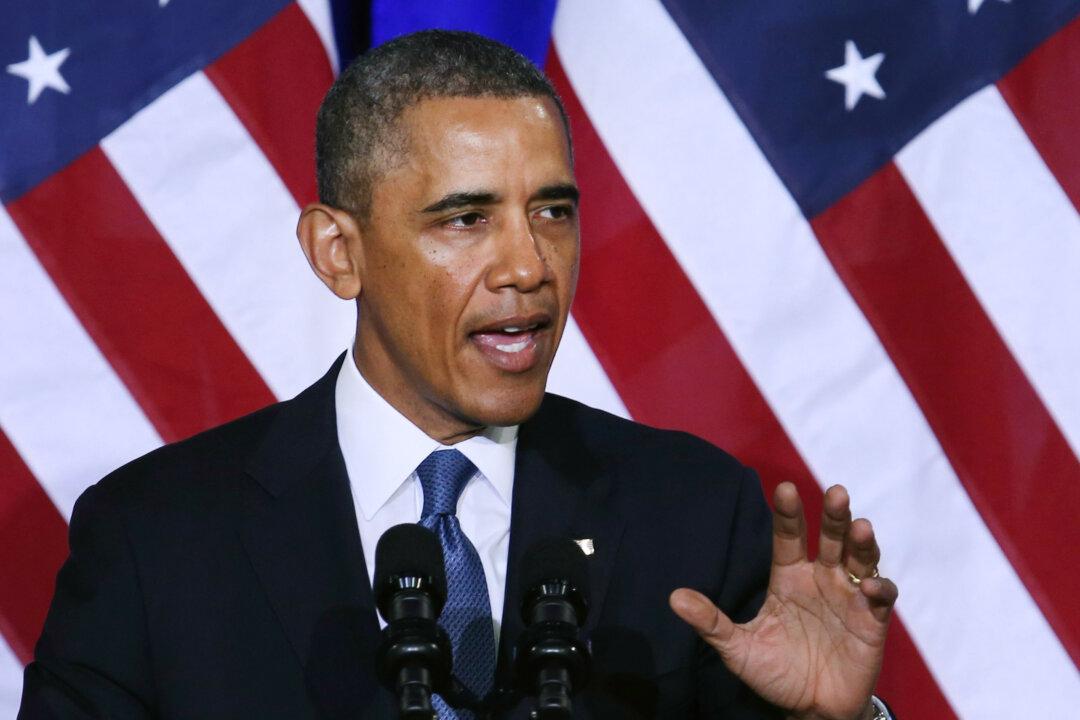Former President Barack Obama launched a new campaign Aug. 26 called “Redistricting U” to combat partisan gerrymandering in key battleground states that Democrats hope to win in the 2020 presidential election and beyond.
Redistricting U will provide free training for volunteers so they can “be leaders in the movement for fair maps,” according to the campaign’s website, Allontheline.org.





